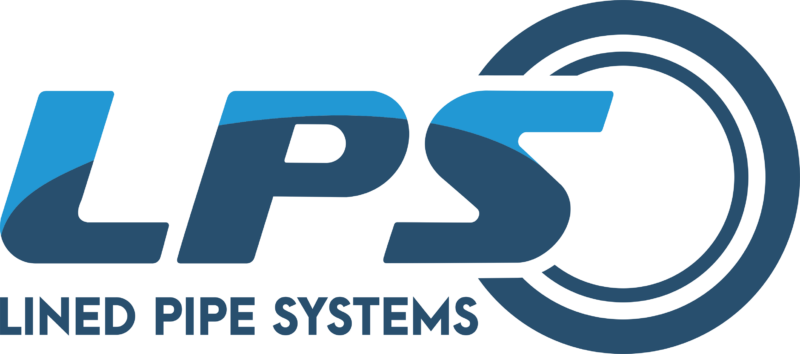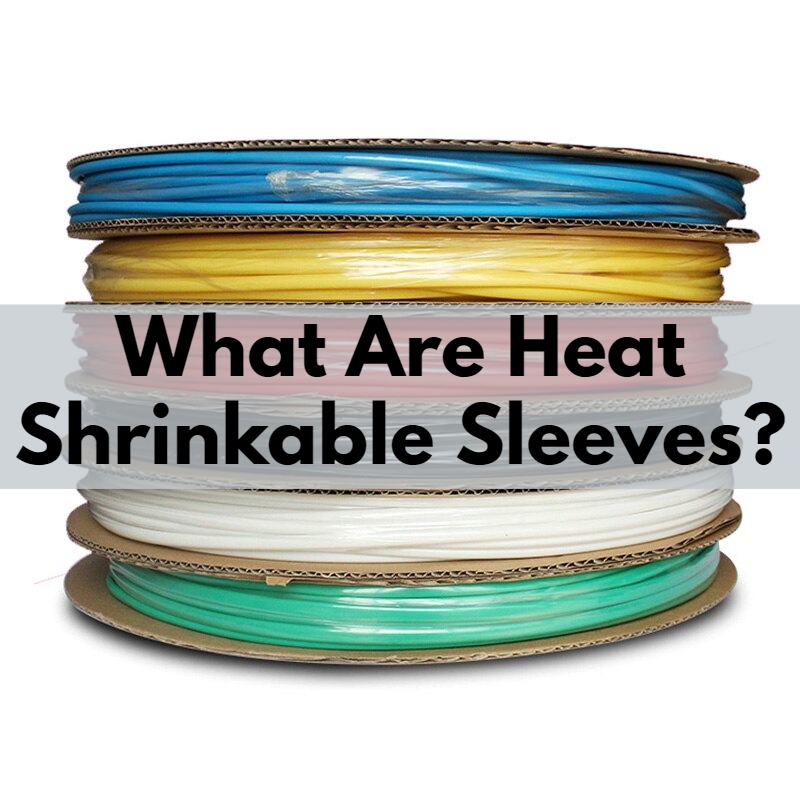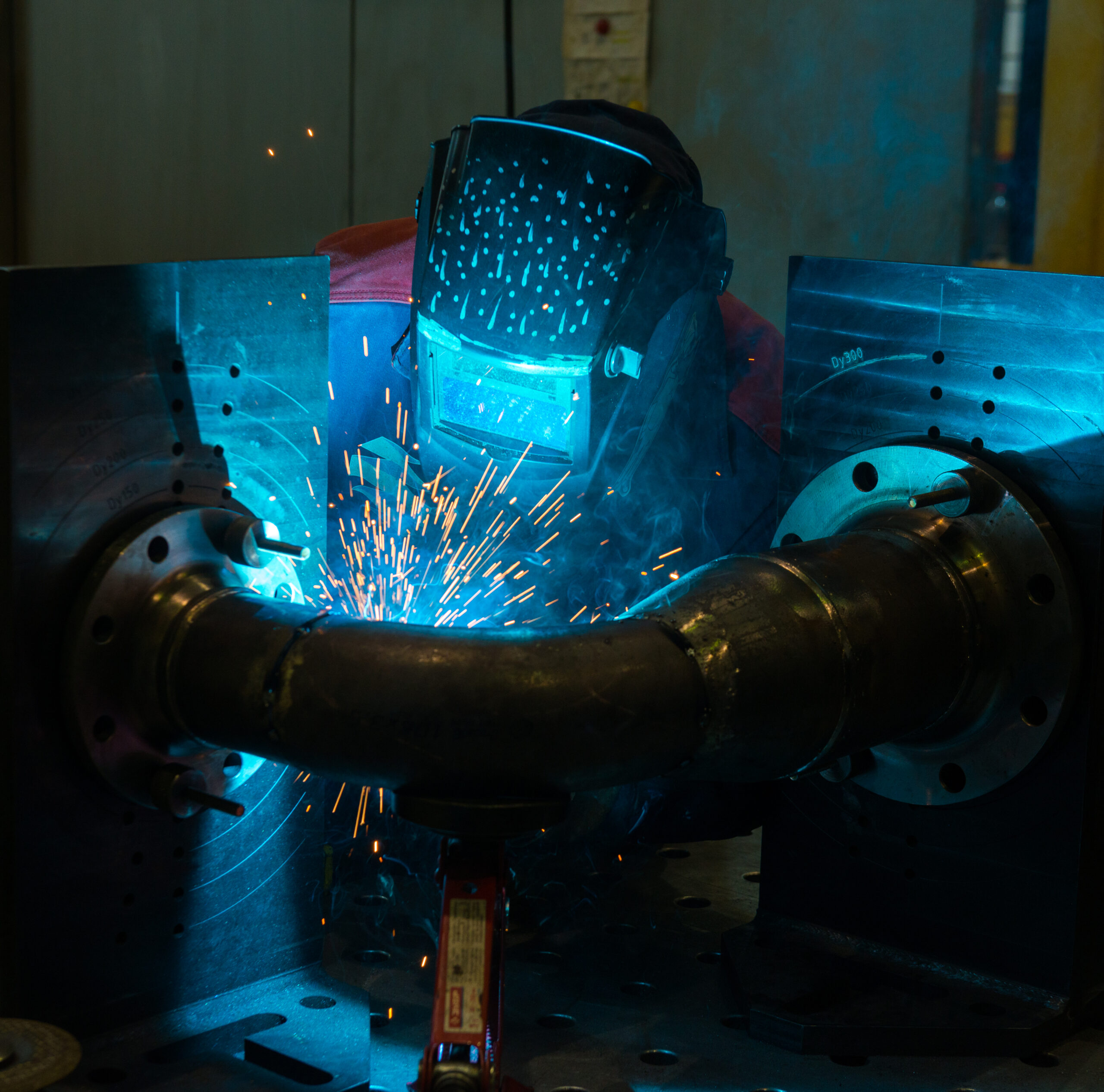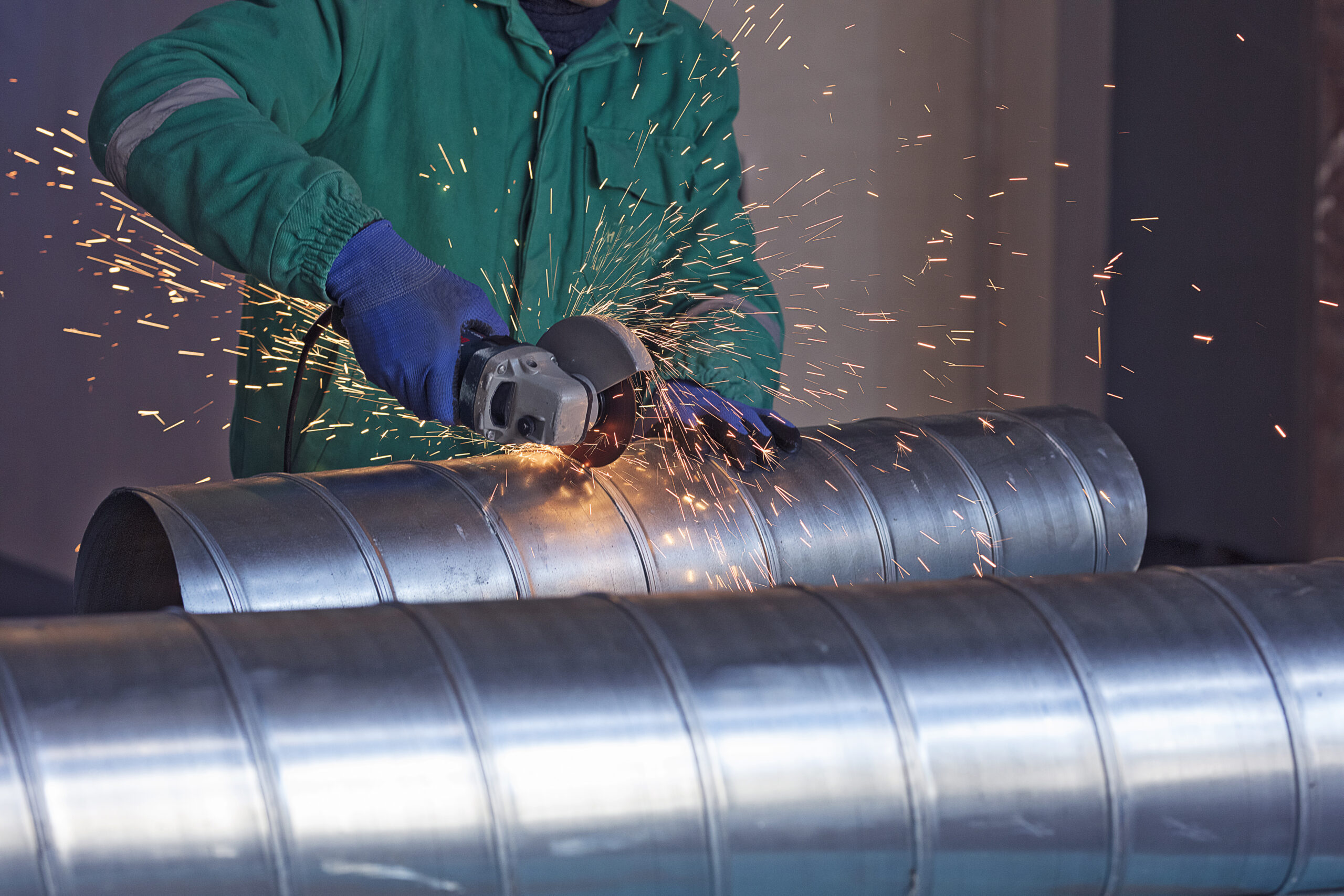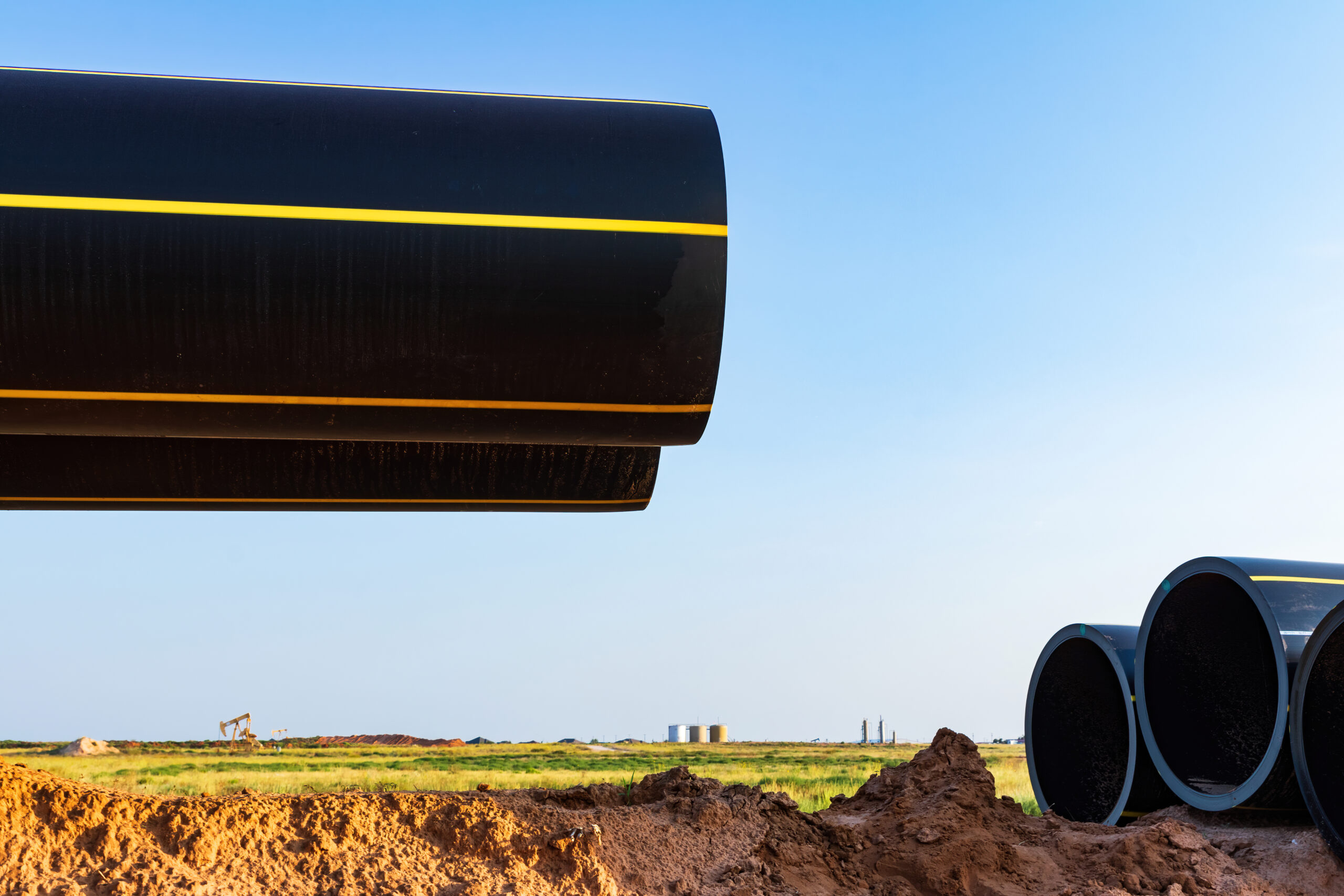The heat-shrinkable sleeves prevent corrosion at field-welded steel pipe joints coated with plastic. As we all know effects of corrosion on pipes are wrong, and we need to do something to control corrosion immediately. To prevent pipeline corrosion, many people do some pipeline coating or use welding joints and parts, girth welding or cold welding. Well, it’s all your choice.
For any pipeline services such as welding and coating, you can freely contact us at our official website Lined Pipe System. We can make your life easier. Let’s talk about Heat shrinking tubes and some of their advantages.
What is Heat-Shrinkable Sleeve?
A protective sleeve used over wire, hoses and other parts that need to be dry and covered is called a heat-shrinkable sleeve. The heat-shrinkable sleeve, made of a unique plastic blend, is placed over a component and heated until it shrinks to roughly half its original size.
Typically, a hot air blower, also known as a heat gun, is used to do this. Technological advances have also produced a woven-type heat-shrinkable sleeve in cases where the more robust woven material is utilized to strengthen a splice.
The glue in this sleeve melts as it is heated and contracted, flowing throughout the entire sleeve. The bond protects the terminal connector or splice from moisture, dirt, and debris. Heat shrink tubing implies that the sleeve contracts in size and moulds to the surface it surrounds when Heat is applied.
A cross-linkable thick extruded polyolefin sheet (polyethylene or polypropylene) serves as the foundation of a heat-shrink sleeve. Heat-shrink sleeves have an adhesive that serves as a corrosion barrier and a means of adhering the sleeve to the material and the factory-applied mainline coating.
After the buried pipeline, the backing offers mechanical defence against abrasion and soil stress forces. You can use heat wrap tape may for pipe bends or as an alternative approach to covering the entire pipe. For instance, during the construction of steel pipelines, they typically include 10–12 metres.
What Advantages Come With Heat Shrink Tubing?
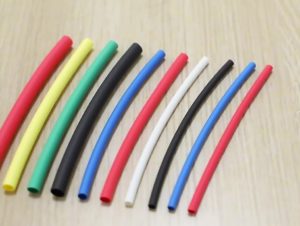
The protection, longevity, and upkeep of wires in a circuit are all improved by using heat shrink sleeves in various ways and for multiple purposes. The following are some advantages of heat shrink tubes:
Protect Wires And Cables From External Factors
Heat-shrinking tubes are most frequently used to protect wires and cables from abrasion, cutting, scuffing, and low-impact scenarios. The Heat Shrink functions as a cable entry seal that can shield the wires from ambient elements like humidity and temperature and liquids like oil, water, and acids that can harm the wire.
Some heat shrinks can function at -65°C to -150°C in challenging settings.
Insulating The Wires Properly
Connections are necessary for all electrical circuits, and Heat Shrinks are utilized to insulate those connections for improved safety. They are also employed to shield the wires since the essential insulation is insufficient and insulating connections.
The Heat Shrinks come in various sizes to ensure a precise fit, and unlike other insulation options, they won’t wear out over time.
Rust Protection
In addition to the functions listed above for electrical systems, many people use heat shrinks occasionally to prevent rust in hardware like metal piping and welded joints. The insulating layer on stainless steel tubes may wear away during welding. Therefore Heat shrink tubes can prevent rust at the welded connections.
The heat shrink’s adhesive coating properly adheres to the metal’s surface, shielding the pipelines from rust and other outside influences.
The Thickness Of The Shrink Tube
In general, stretching reduces an object’s thickness; the more you stretch it, the thinner it becomes. In the case of a shrink tube, it works the other way around; as the tube shrinks, its thickness rises. Look at the heat shrink tubing’s datasheet to determine the optimal thickness for your application’s environment.
You must carefully select the material, working temperature, and shrinkage temperature in addition to these factors. They serve to identify the heat shrink tube’s attributes. Know your application better and select the best heat shrink tube from the various cables connected to both high and low-power applications for which the heat shrink tubes are available.
Material Used For Makings Heat Shrink
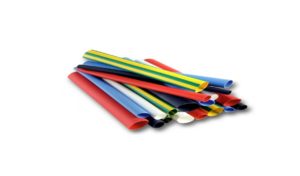
See what material uses in Heat shrinkable sleeves:
Polyolefin
Polyolefin is the most common substance to make heat shrinkable. There are many benefits to using Polyolefin-based material over other kinds of heat shrinks. They have strong chemical and electrical properties, are highly flame retardant, rapidly shrink, and have remarkable durability.
The Polyolefin heat shrink can resist temperatures as high as 125°C to 135°C and shrinks at a temperature of 100°C. These heat shrinks are typically best for branding, insulation, and
Adhesive Lined heat shrink
Heat shrinks with an adhesive inner layer: Heat shrinks with an adhesive inner layer have two layers, the outer polyolefin layer begins to shrink at the same temperature as the inner layer.
The adhesives move, fill the spaces and then settle into the contours of the object that you will tube. The sealed thing shields from moisture and other disturbances once the adhesives have cool and are ready to use as an environmental seal.
Other Materials
Other materials, including PTFE (Polytetrafluoroethylene), FEP (Fluorinated Ethylene Propylene), PVDF (Polyvinylidene Difluoride), elastomers, Silicon rubber, Viton, and other unique materials are also available for the heat shrinks. The environment affects how each sort of material you are using, how you are using it, and its characteristics.
Conclusion
Heat shrink offers defence against abrasion, cutting, scuffing, and low-impact scenarios when applied as a protective coating. You can utilize it with practically any conductor design. You can also prepare cable entry seals that defend against the environment by using heat shrink.
